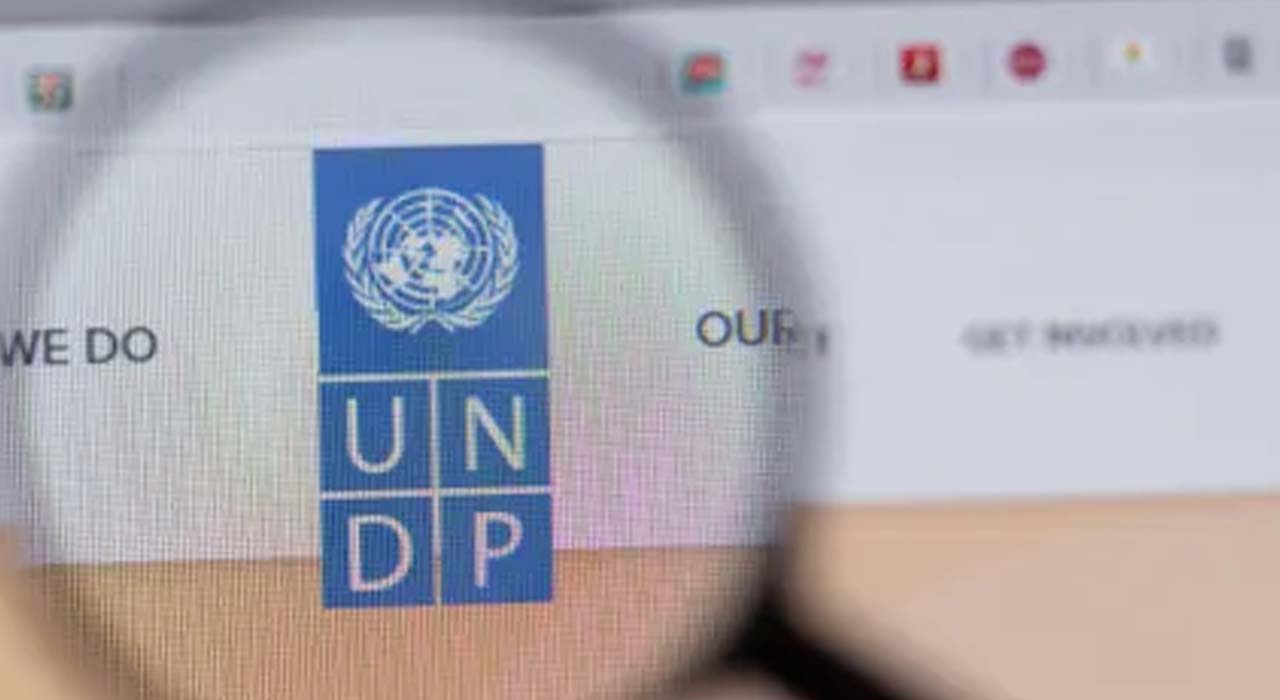UNDP responds to allegations of corruption in Iraq
“But zero tolerance does not mean zero risk."

ERBIL (Kurdistan24) – Following an investigative report published by The Guardian on Monday on a project conducted by the United Nations Development Program (UNDP), whose staff had taken bribes in return for granting projects to contractors, the international organization responded to the claims of corruption in a statement.
“We take any allegations very seriously and are urgently looking into them. We will take appropriate and firm action should any of these allegations be substantiated,” the international agency said, adding it has “zero tolerance for fraud and corruption.”
“But zero tolerance does not mean zero risk. UNDP has been transparent with our donors, partners, and the public about the operational risks and challenges following years of conflict in Iraq,” a statement attributable to a UNDP spokesperson said.
The British media's report specifically mentioned the Funding Facility for Stabilization program, which is a $1.5 billion reconstruction project launched in 2015 to help rebuild the war-torn Iraqi provinces devastated by the fight against ISIS.
The report, based on interviews with over two dozen former and current UNDP employees as well as contractors and Western diplomats based in the country revealed that bribes of up to 15 percent of the contract value have been demanded by the UNDP staff to “facilitate” securing tenders.
— UNDP Iraq (@undpiniraq) January 23, 2024
“Nobody can get a contract without paying. There’s nothing in this country you can get without paying, not from the government, not from UNDP,” a contractor told the media.
The UNDP said: “Any allegation of bribery, corruption, or fraud is thoroughly assessed and, where appropriate, investigated by UNDP’s independent Office of Audit and Investigation (OAI).”
Speaking of the impact of the program, the UNDP has said the scheme has helped the return of five million internally displaced persons (IDPs) out of six million to their places of origin.
